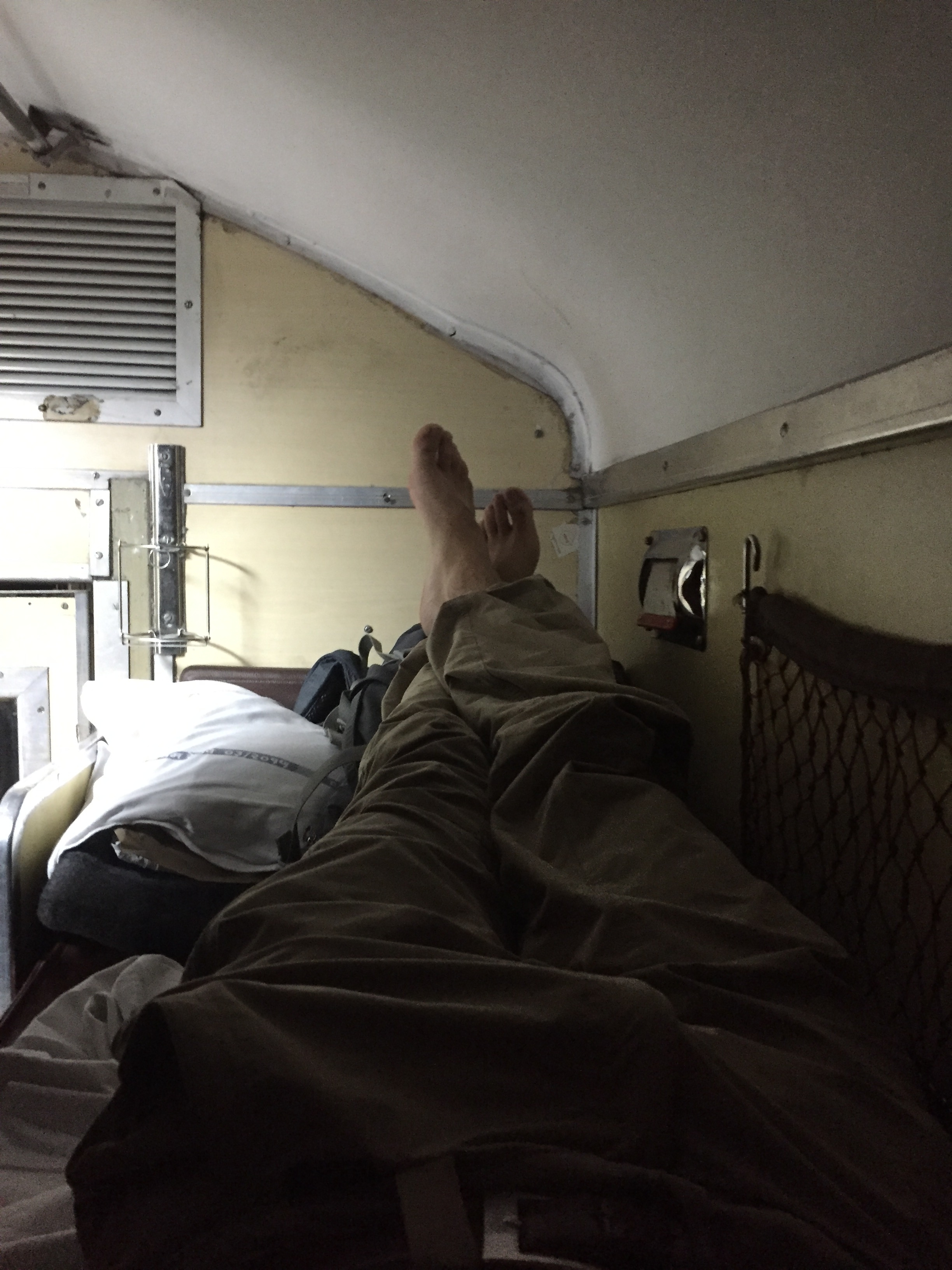During my junior year in college I studied abroad in York, England. One weekend I took a trip hike Ben Nevis in Scotland – the UK’s highest peak.
It was about a 10 hour train ride due north; a train known as the “Hogwarts Express” – yes, the train scenes from the Harry Potter movies were filmed on that very train.
The shear beauty was astonishing, of course, but the ride itself is more memorable for a deeper reason beyond its landscapes.
The train attendants passed out free postcards that said, “writing from the world’s most beautiful train!” I looked down at the postcard, looked outside the window at the breathtaking view, and grabbed a pen out of my bag.
I ended up writing a postcard to myself. I remember those five minutes in perfect order. I played the song “ones and zeroes” by Jack Johnson on my iPod, and wrote a short diary entry.
It was in this moment that I felt freer than ever. I felt as though I had found salvation. Solitude. Beauty. I was out there, on my own. Perhaps a similar feeling to riding a bicycle for the first time. I was 19, and doing it big. It seemed as though everything I had done in my life had boiled to this point, exploring the world, and taking it on without fear.
My postcard expressed how “happy” I was. It expressed how unchained I felt riding a train in northern Scotland, a place that seemed so dangerous and daring, so foreign and fervent. I felt as though I was defying odds on that train, that my family would be so impressed, and my friends jealous. I felt like I was Alexander Supertramp in Into the Wild, a young adolescent pushing against societal boundaries and setting off, to Fort William Scotland (wait, where? Exactly.)
A few weeks ago I was riding a train in India and it made me think of this moment. It made me want to go back, not just to the beauty, but to that feeling of overwhelming excitement and freedom: liberty from myself, and from the world. And there I was, a young American on a $4 train in Rajasthan, India. I couldn’t be more “out there” if I tried.
So, I plugged in some headphones and played the same song I listened to over 2 years ago. I was excited, and expected, to feel the same emotions. I was looking forward to the self-actualization – perhaps a slight enlightenment – in this moment of isolation.
But, I was wrong. I felt no independence, no freedom, and no separation. There was no feeling of intense detachment of self-realizing gravity.
I felt nothing. In fact, I felt helpless; I felt as though I was on a train in India, surrounded by moustached-men eating curry and tomato soup, by a drug sniffing dog, and a bribe-accepting ticket man. I felt the bed that my head rested on in my sleeper cart, and its faded leather that hadn’t been cleaned for decades. I felt my hunger, my thirst: purpose. I felt the chai in my stomach, which had been offered to me on the waiting platform by a group of men impressed by my iPhone 6, who asked how much my salary was, and who were shocked that, as an American, I admitted to missing my family. I felt the thick air that came from each exhale from the overweight elder to my left. I felt like I was waiting: to get off the train, to start bargaining with a Tuk-Tuk driver about 50 cents, when he probably earns less than 5 dollars a day; I felt alone and okay with it; I felt like a person in India, not an American in foreign land. I felt it all, and my feelings gripped me more than ever, but I did not, perhaps could not, feel the liberation I once felt as a young boy – not too long ago.

